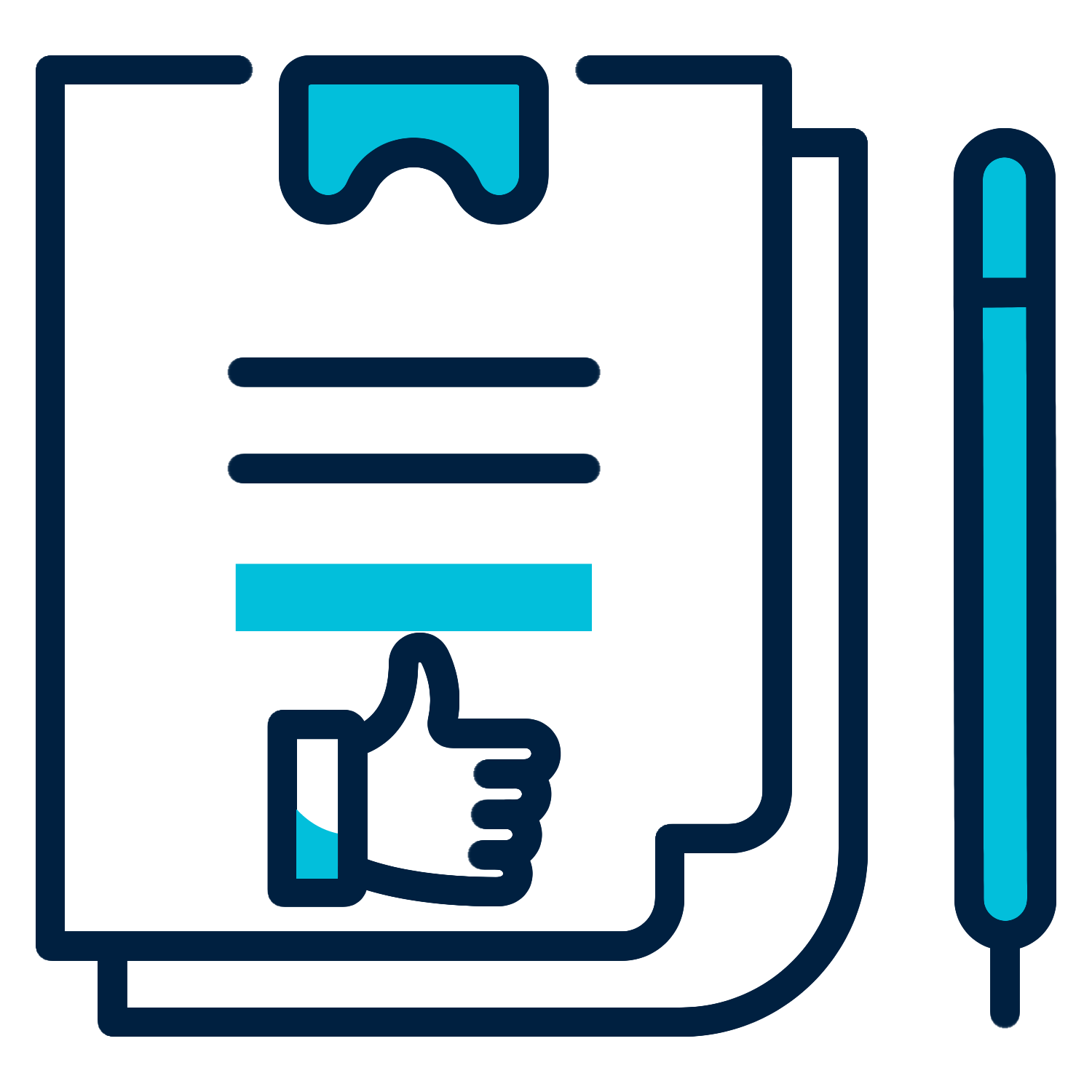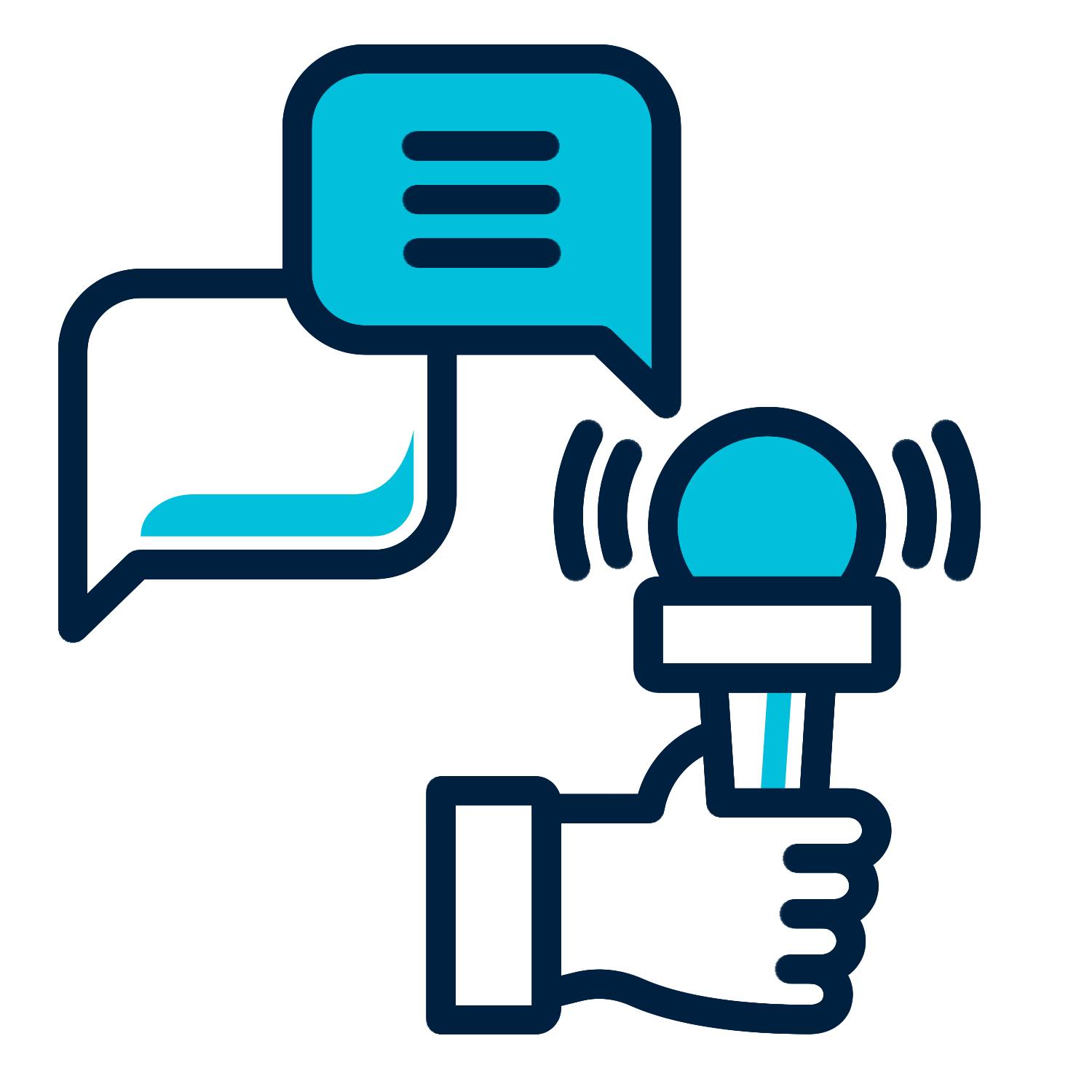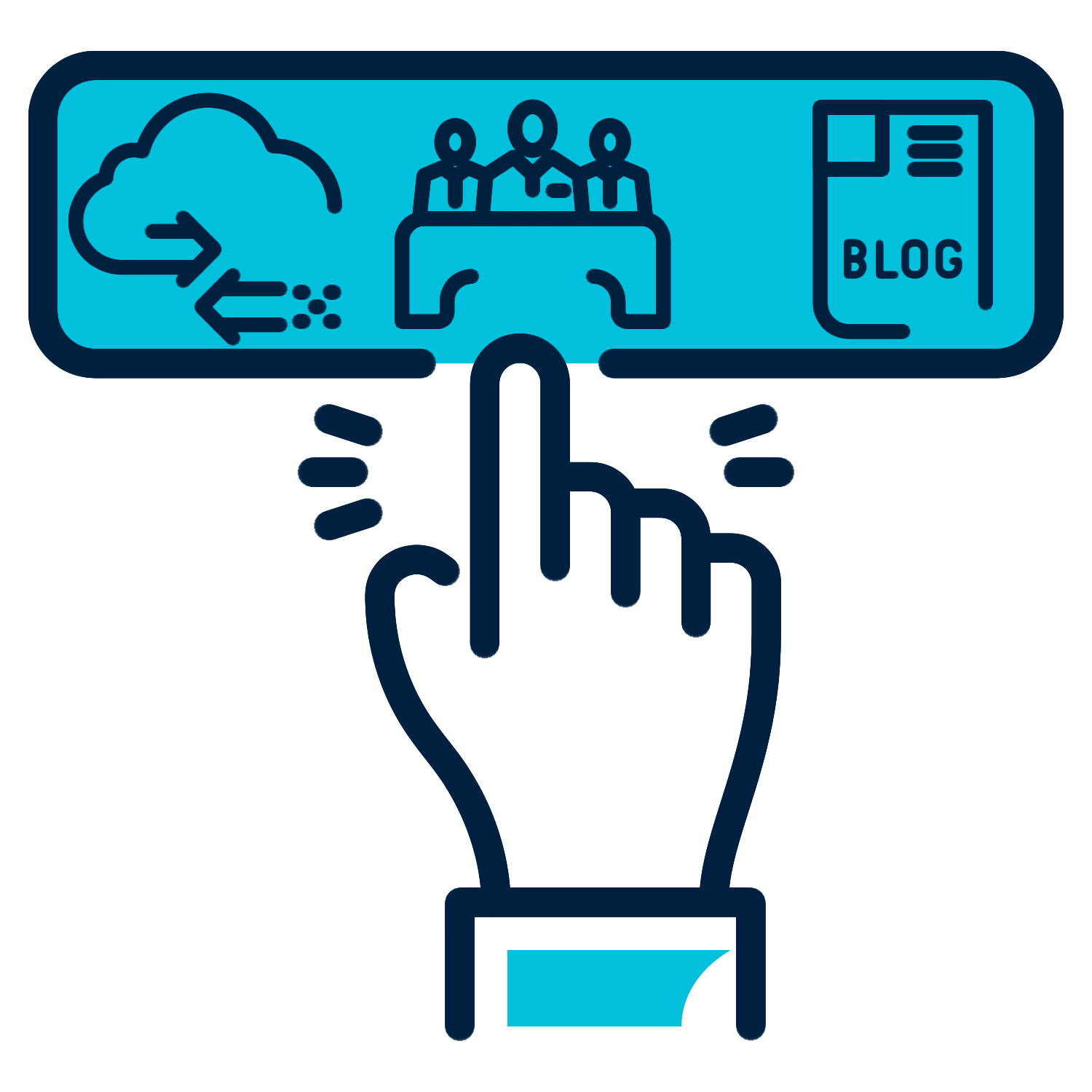Modul 1:Introduction
Hello Dear Teachers,
In today’s world, shaped by developing digital technologies, our daily life routines are constantly changing, as are our ways of doing business. In order to adapt to this process of change and development, we need to acquire new skills as well as improve our existing skills. Today, digital skills are one of the skills that come to the fore in order to adapt to the societies we live in and to ensure effective and active participation. In this context, the competences that constitute the capacity to access, use and produce information will increase the adaptation of individuals to change in the information society.
Education plays the most important role in the process of adapting to change by acquiring the competencies required by the age. Education, which will determine the future social status and position of the individual, is also the social structure that adapts the fastest to change. In this context, digital competencies determined by the framework of digital technologies gain importance in teachers, students and teaching processes.
Digital competence is the sum of the knowledge, skills and attitudes that an individual employs in terms of accessing, understanding and using information in various formats in different digital environments. (Lankshear & Knobel, 2008). Competence encompasses the use of knowledge and skills in a way that will enable development in personal and social life with autonomy and responsibility. In other words, competence includes cognitive processes such as the use of digital information in problem solving, successful completion of the task, application and technical use in problem solving processes, and skills shaped by practices. In this context, the European Union Parliament (2006), which deals with digital competence in a broader framework, uses technology in all processes such as accessing information, producing, storing, presenting and evaluating information in both professional and daily social life of the individual.
As seen in the definitions, a reference report called DigComp (European Citizens’ Digital Competence Framework) was developed at the European level as a roadmap in 2013 in order to meet the individual and social development needs brought about by digital change. This reference framework supports individuals to learn digital competencies, to use them creatively, to develop them, to be aware of the risks and opportunities they contain, on the basis of trust. Effective, sustainable and permanent development of digital citizenship skills needed by the digital society is supported within the framework of a multidimensional and holistic approach to the digital skills that an individual should have in learning, business and social life. In this context, the relevant framework explains what it means to be digitally competent by classifying 21 separate competencies under 5 sub-areas (information literacy, communication, collaboration, digital content creation, security and problem solving) into 8 competencies from the most basic to advanced.
DigComp, which tries to explain the critical and creative use of digital technologies based on effective communication and cooperation, has been shaped as the joint work of all sector, system and field experts from the education and working life of the European society. The framework, which was first prepared in 2013, was revised in 2016 and published as DigComp 2.0 and later as DigComp 2.1. The European Commission, which is in the preparations for DigComp 2.2, is expected to release new updates in January 2022. In addition to DigComp2.1, the European Commission has developed digital competence frameworks DigCompEdu for educators and DigCompOrg for their organisations, EntreComp for entrepreneurial competences, LifeComp for personal, social and learning-to-learn competences, and DigCompConsumers for consumers. In support of these, SELFIE, developed as a free online self-reflection tool for the assessment of digital capacity of schools, and SELFIE For Teacher, developed for the assessment of teachers’ digital competencies, also support digital development. We can access the relevant links by clicking on the links in the text or at the end of the page. DigComp 2.1 general framework, which is compatible with the European Digital Education Action Plan covering the years 2021-2027, will be used in our course.
DigCompEdu: https://ec.europa.eu/jrc/en/digcompedu
DigCompOrg: https://ec.europa.eu/jrc/en/digcomporg/framework
EntreComp: https://ec.europa.eu/social
LifeComp: https://ec.europa.eu/jrc/en/lifecomp
DigCompConsumers: https://ec.europa.eu/jrc/en/digcompconsumers
SELFIE : https://education.ec.europa.eu/self-reflection-tools/schools-go-digital
SELFIE For Teacher : https://educators-go-digital.jrc.ec.europa.eu/
European Digital Education Action Plan: https://education.ec.europa.eu/
The Digital Education Action Plan (2021-2027), in line with the DigComp 2.1 framework, prioritizes the creation of an education ecosystem that fosters high-performance digital environments and the development of digital skills and competences for digital transformation. In this context, strategic priorities have emerged, including more effective use of technology in learning and teaching processes, and improvement and predictions based on data and analysis in education systems. You can access the details of the Action Plan from the links below.
https://education.ec.europa.eu/
During our course, sub-digital competences in the 5 key competence areas of the DigComp framework will also be discussed in the context of eTwinning projects; You will also find content on how these skills can be linked to eTwinning projects and how digital competences of teachers and students can be developed through project activities.
Check out the DigComp Competence Framework infographic below. In order to see the image more clearly, you can right-click on the image and apply the open in new tab instruction.
Source: https://ec.europa.eu/jrc/sites/default/files/Infographics_DigComp.pdf
“Ready to Learn to Swim in the Digital Ocean?”
The European commission has adopted the DigComp 2.1 reference frame “How to swim in the digital ocean?” reflects the metaphor. The reference document, which divides digital competencies into 8 different levels under 4 general levels, tries to explain the competency according to the “Cognitive domain, Autonomy (Independent), Complex Tasks (Complex Problems)” structure at each sub-level. The image of a man swimming in the digital ocean reflects this information. In order to see the image more clearly, you can right-click on the image and apply the open in new tab instruction.
Source:DigComp 2.1 Booklet
Module Task
1. Considering the digital transformation experienced today, which skills and knowledge should be covered by the 5 key digital competence areas given below. Write your comments for at least 2 fields.
2. One of our Turkish academics, Dr. Turker TOKER, Dr. We expect you to evaluate your own digital competence level with the “Digital Competence for Educators” scale, which was adapted into Turkish by Ergün AKGÜN, Zeynep CÖMERT and Sultan EDİP.
PARLIAMENT OF THE EUROPEAN UNION. (2006). On key competences for lifelong learning. Retrieved 15 February 2020 from https://eurlex.europa.eu/LexUriServ/LexUriServ.do?uri=OJ:L:2006:394:0010:0018:en:PDF.
EURYDICE REPORT. (2019). Digital Education at School in Europe. https://eacea.ec.europa.eu/national-policies/eurydice/content/digital-education-school-europe_en
LANKSHEAR, C. J. and KNOBEL, M. (2008). Introduction: digital literacies: concepts, policies and practices. Peter Lang Publishing.
OECD. (2019). Skills outlook 2019: Thriving in a digital world. Paris: https://www.oecd-ilibrary.org/education/oecd-skills-outlook-2019_df80bc12-en
Toker, T. , Akgün, E. , Cömert, Z. & Edip, S. (2021). DIGITAL COMPETENCY SCALE FOR EDUCATORS: A STUDY OF ADAPTATION, VALIDITY AND RELIABILITY . Journal of National Education, 50 (230), 301-328. DOI: 10.37669/milliegitim.801607











